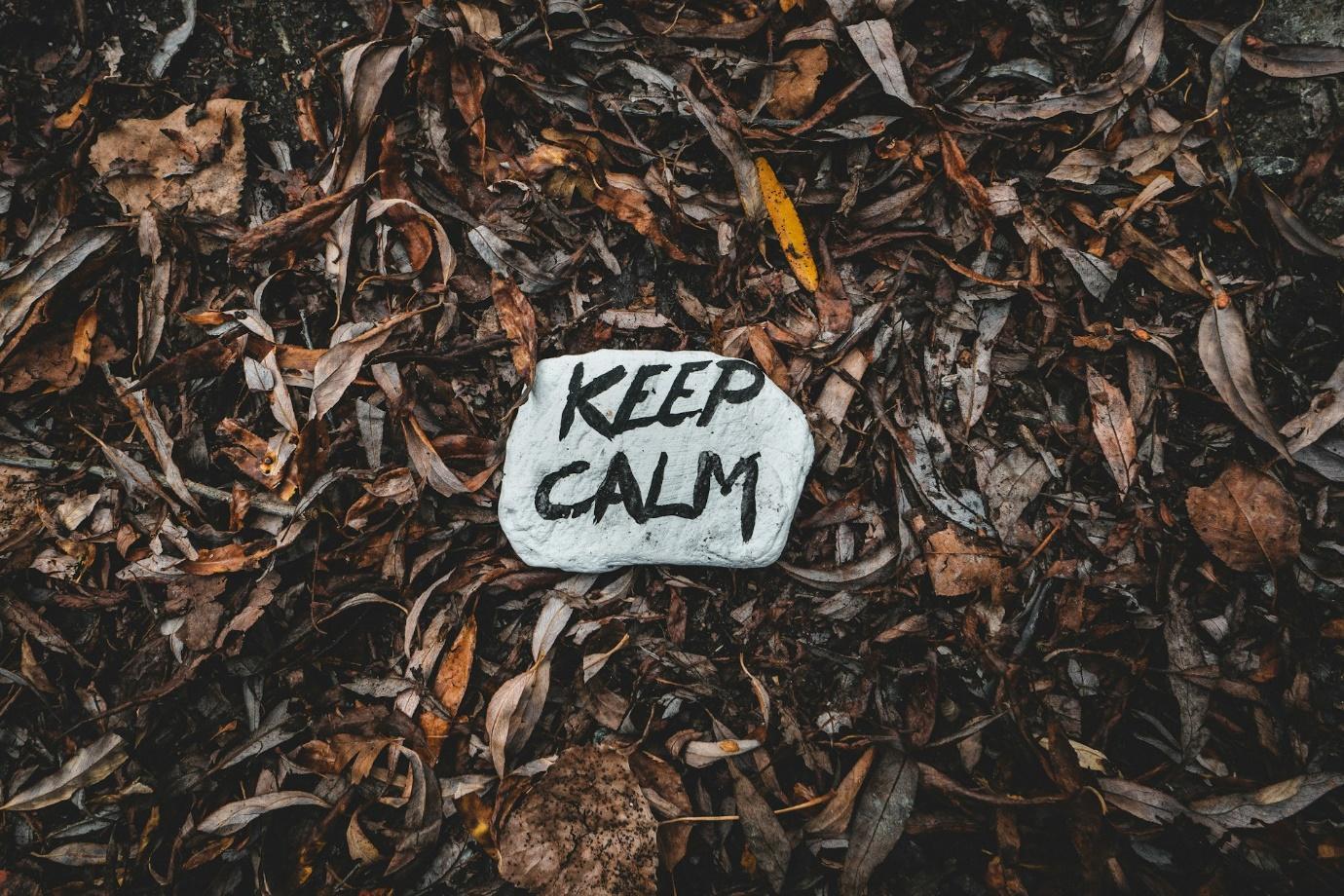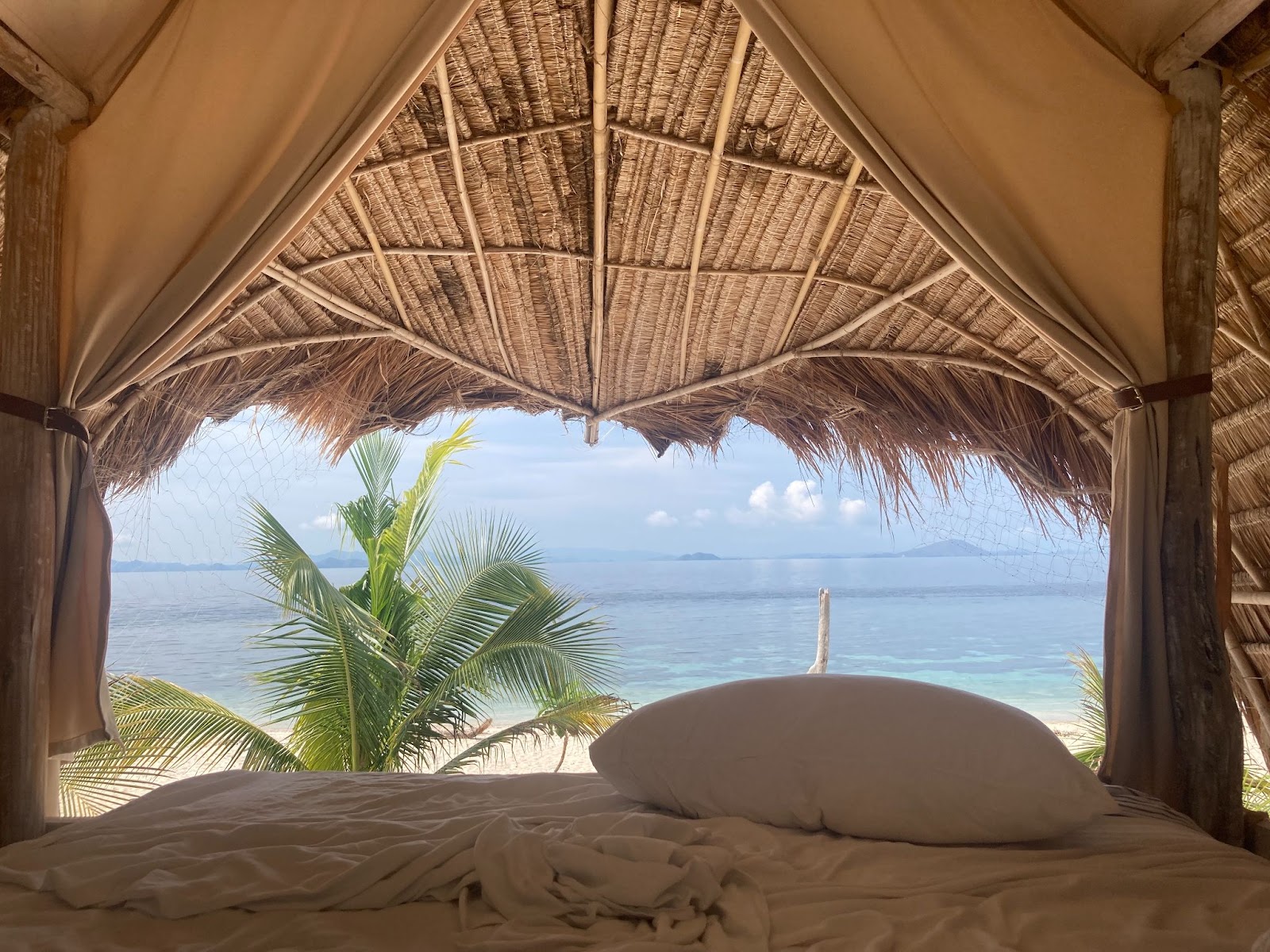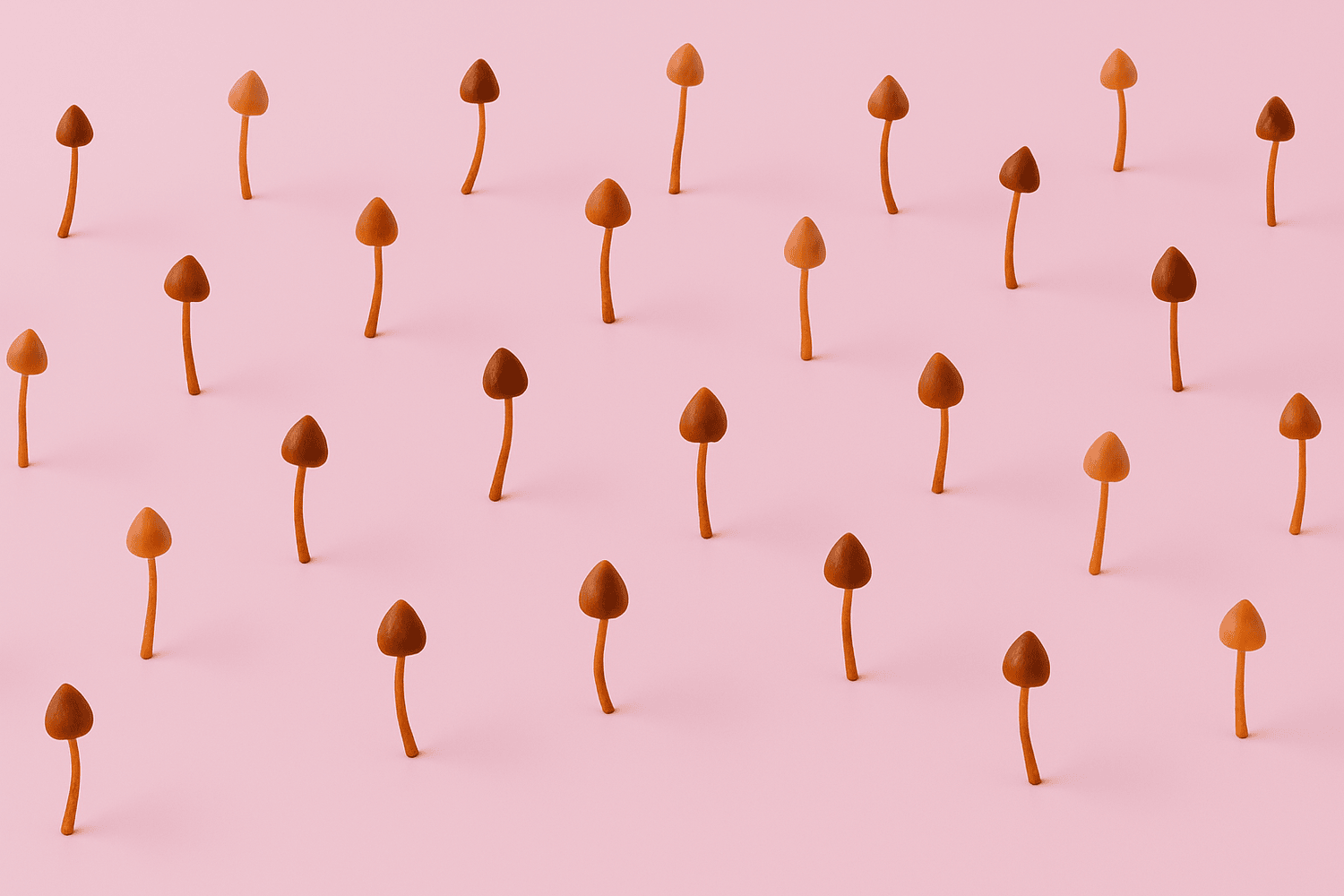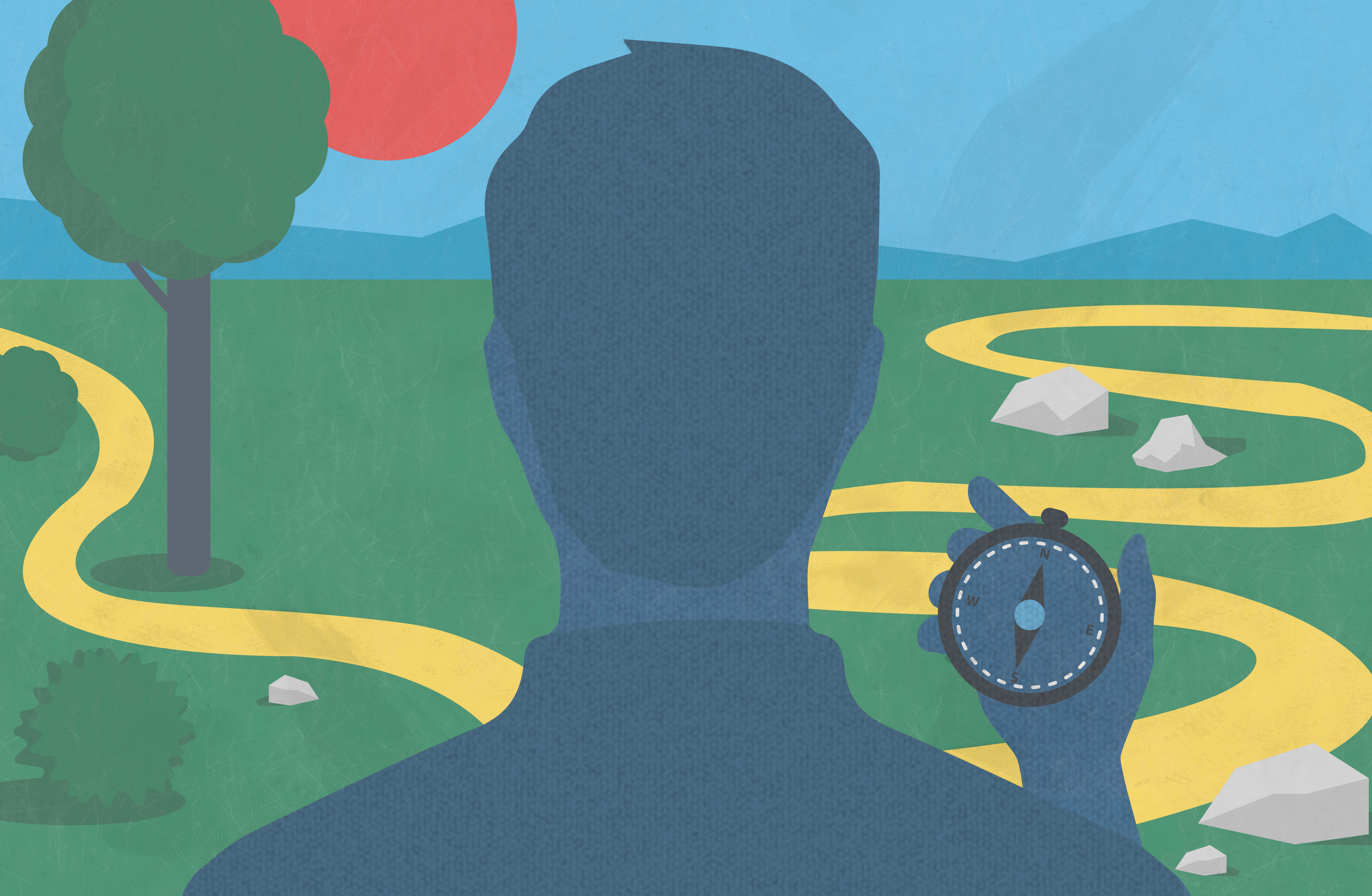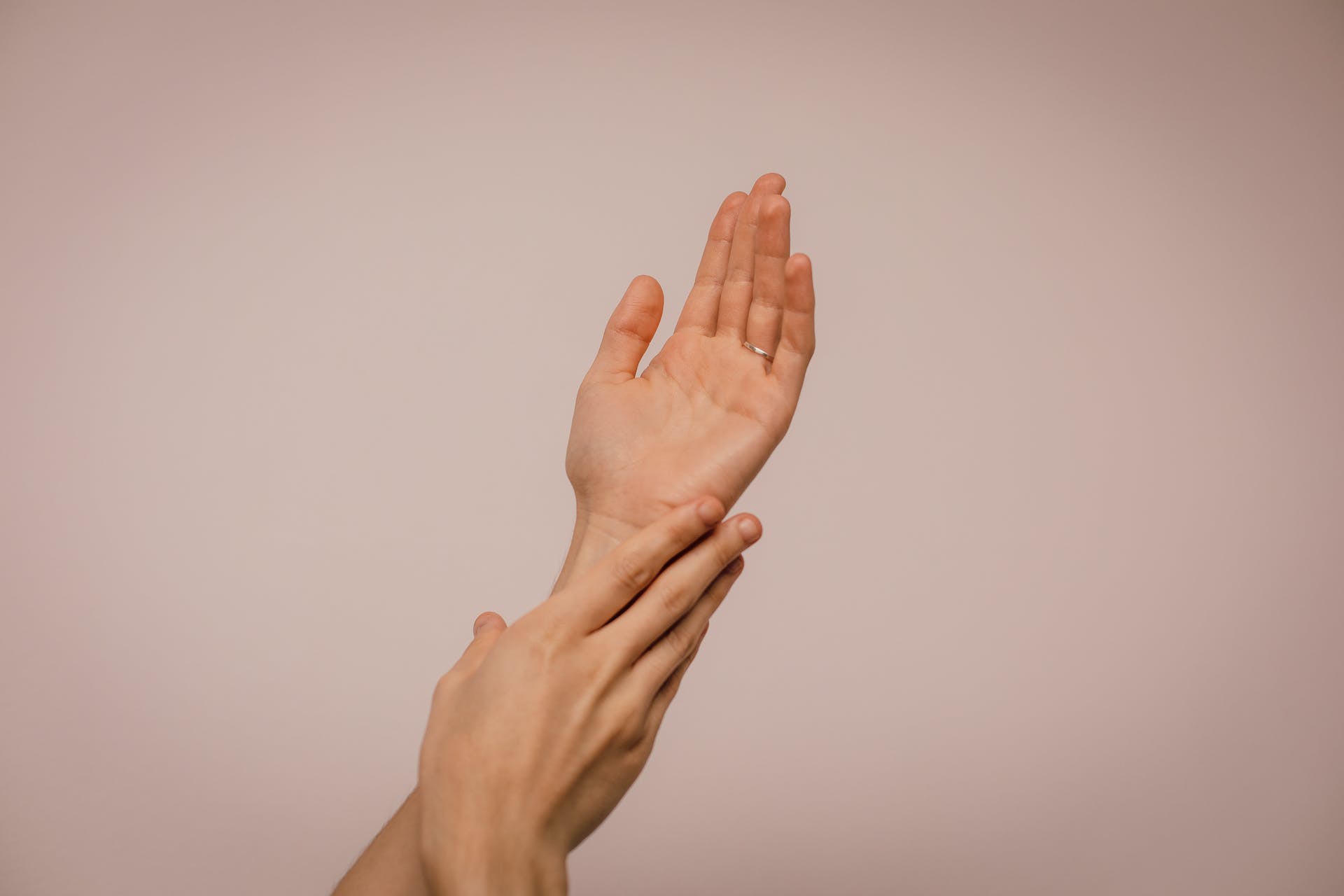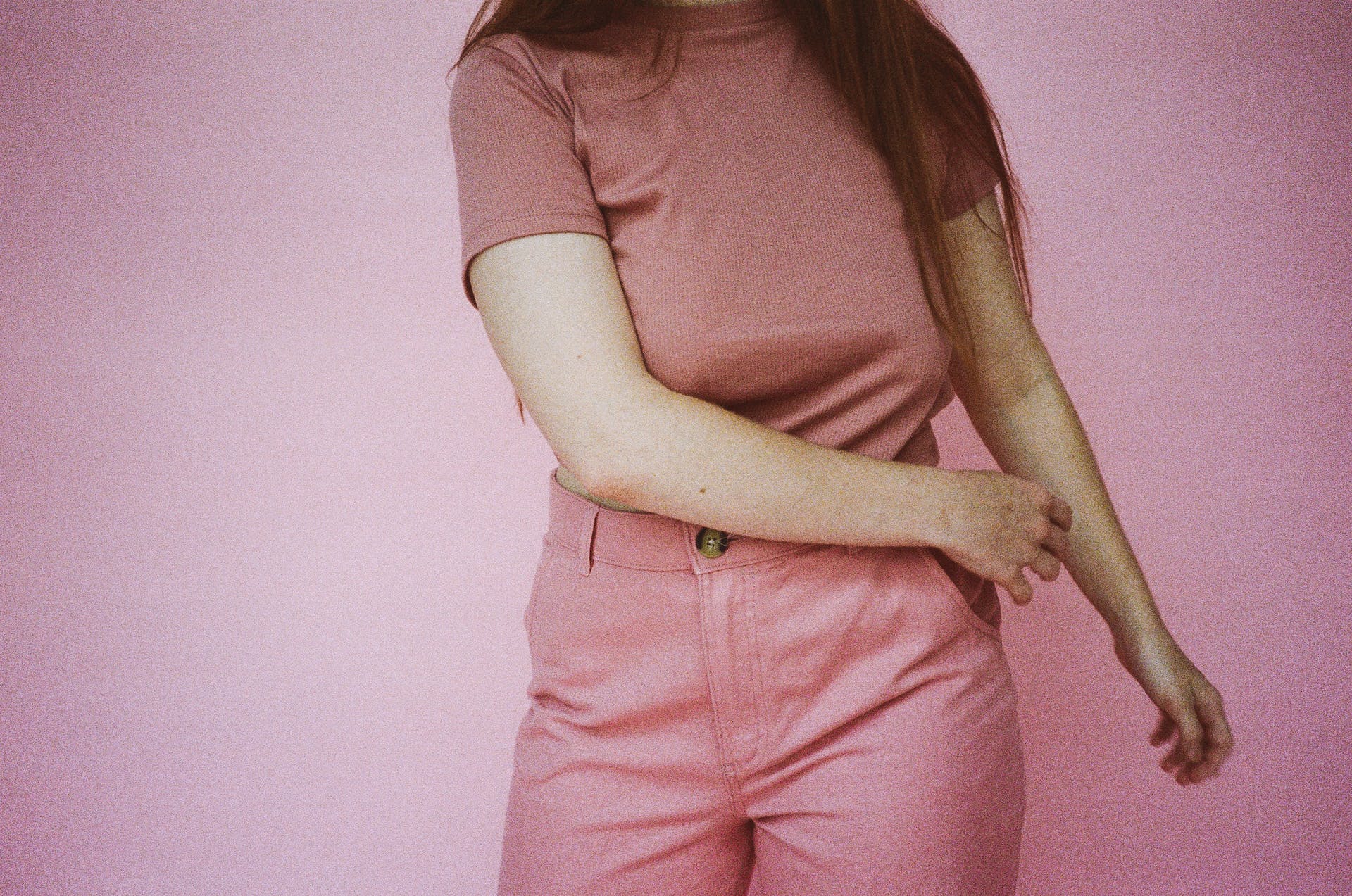Editorial note: This is a guest article from Time Wellness, a mental health treatment facility.
If there’s one word to describe the mental health zeitgeist of the 2020s, it would probably be: anxiety. It’s a condition so prevalent that it’s rare to find someone who hasn’t had some connection to it, whether through personal experience or through the people they love. While it is sometimes treated with medication, there are many techniques for managing anxiety without medication. Today, we’ll discuss these alternatives, sharing simple tips and tricks to help you overcome this oh-so-common disorder. Stay tuned for some useful information!
What is anxiety?
Experiencing anxious feelings occasionally is completely normal; no one would say it’s unusual to feel anxious before a job interview, for example. But imagine feeling those same symptoms even when there’s nothing to worry about, no object of high concern. Now, that could be a sign of an anxiety disorder: it’s where worry goes into overdrive. For people with this condition, mundane situations can trigger intense fear and may sometimes lead to panic attacks. This can even cause them to avoid places or situations that other people perceive as normal, everyday-ish. Fortunately, anxiety disorders are highly treatable, and many people find that treatment helps them lead normal, healthy lives.
Anxiety is probably the leading mental health cause in the 21st century.
Alt-tag: A smartphone displaying a painting app.
The prevalence of anxiety
We’ve already mentioned that anxiety is nowadays a well-known word in everyone’s dictionary. It comes as no surprise then that heavily populated states like Tennessee reflect these national anxiety trends. As a result, nearly 30% of high school students in Tennessee report poor mental health.
In regards to the data provided by the KFF, in February 2023, 37.3% of adults in Tennessee reported experiencing symptoms of anxiety, which is a higher percentage than the US national average of 32.3%. We’re talking about more than 1/3 of the state’s adult population. Now, think about a populous state like Tennessee, with over 7 million residents as of July 1st, 2023, and more than one-third of them dealing with anxiety. It really paints a picture, doesn’t it?
And here’s another fact (source: NAMI): 231,000 adults in Tennessee – and nearly half of them cited treatment costs as the reason – didn’t receive needed mental health care, neither in the form of counseling nor medication. Speaking of which…
What medication is used to treat anxiety?
When it comes to treating acute anxiety, like panic attacks, mental health doctors and therapists often prescribe medications that work fast. Benzodiazepines are commonly used, including:
- Alprazolam (Xanax)
- Clonazepam (Klonopin)
- Chlordiazepoxide (Librium)
- Diazepam (Valium)
- Lorazepam (Ativan)
Yes, these meds can provide quick relief, and managing anxiety without medication can be quite a struggle. Unfortunately, they also come with some baggage, as users can build up a tolerance, meaning they might need higher doses over time to achieve the same effect. There’s also a risk of dependency, which is why doctors approach these prescriptions with caution. So, while they can work wonders, they clearly have their challenges. Therefore, it might be worth considering treating anxiety without medication.
Can anxiety be treated without medication?
It all depends on the individual and the severity of their disorder, but many people respond well to anxiety treatment without medication. They often find that their condition can be managed entirely – or at least in part – through lifestyle changes and holistic approaches. Below, we’ll explore some techniques you can use to treat anxiety in the most natural of ways.
Top 5 techniques for managing anxiety without medication
Even if you’re taking anti-anxiety medication, these suggestions might help you eventually find a way to manage without them, to live your life to the fullest without having to rely on your pill organizer. Let’s take a closer look at what can help you with managing anxiety without medication!
(Keep in mind that – even though this is a numbered list – there’s no hierarchy between these strategies.)
Exercise and embrace the outdoors (1)
There’s no alternative – when it comes to a healthy life, both in body and mind – to physical activity. And when it’s paired with enjoying the outdoors, it almost feels like you’re not just trying to eliminate symptoms of anxiety but rather celebrating life as it should be lived; it’s almost as if you’re thanking yourself for having the condition in the first place, just so you can appreciate its remedy. But let’s stay on track!
One of the best ways to deal with feelings of anxiety is through regular physical activity and enjoying the outdoors. This is because physical activity helps our bodies release the so-called “happy hormones” (serotonin, dopamine, etc.). It’s rare – essentially, not possible – to feel bad after a game of sports (even if you’ve lost) or a hike in the nearby woods. Try it out, and you’ll see!
Spending quality time enjoying the outdoors is one of the best ways to deal with anxious thoughts and feelings.
Alt-tag: A man standing on the top of the mountain.
Attend support groups (2)
For people who suffer from various conditions, not just anxiety, it’s always recommended to connect meaningfully with others who have dealt with or are dealing with similar issues. That’s why support groups are essential in so many treatment programs, whether for mental health therapy or substance addiction treatment. As one of the states concerned with the mental health of its residents, Tennessee has many such support groups and programs, with mental health counseling in Chattanooga at the forefront. Sharing your thoughts and feelings with someone who has been in your shoes or is currently experiencing the same thing can be very powerful. People often attend support groups for years and years, long after they’ve finished therapy, because they find continued support and connection with others who understand their experiences.
Think about your diet and nutrition (3)
There are a couple of things to be mindful of here.
Cut down on caffeine
Cutting back on caffeine, especially in the late afternoon or before bed, can help calm those anxious jitters. High caffeine consumption is linked to increased stress and anxiety. Therefore, that extra cup of coffee in the late afternoon mightn’t be your best buddy! Even though it’s pretty hard for individuals to limit their coffee consumption, you should try it.
Drink less alcohol
While the connection between alcohol and anxiety isn’t always straightforward – as alcohol can be one (in the long run: harmful) coping mechanism – many people find relief from anxiety symptoms when they reduce or completely stop their drinking. Swapping out cocktails for mocktails could be a smart move.
Keep a food log (track your consumption)
Tracking what you eat (and how you’re feeling once the meal’s over) can reveal patterns between certain foods and your anxiety levels. Many people notice that consuming high amounts of saturated fats and added sugars can sometimes lead to increased feelings of anxiety. By doing some research on your own and identifying potential triggers, you can make more informed dietary choices to support your well-being.
Practice meditation and mindfulness (4)
All the countless people meditating for the last couple of thousand years can’t be wrong – there’s something special about achieving a state of pleasant thought emptiness while relaxed, especially once you put it in contrast with the whirlwind of worrisome thoughts while you’re feeling anxious.
Practicing meditation and mindfulness will enable you to anchor yourself in the present moment and provide you with a mental break from worries and stressors. You’ll get to focus on your breath or simply observe your thoughts going in & out of your head without any type of judgment. This will help you cultivate a positive sense of calm that greatly helps reduce anxiety and other mental health issues. Meditation encourages self-awareness and can lead to a greater understanding of your feelings, making it easier to manage them when they arise.
Meditation will help you relax and learn how to build resistance to and accept distressing thoughts.
Introducing: the 3-3-3 Rule (5)
You might’ve heard about this one, but the 3-3-3 Rule is a fantastic little trick for grounding yourself when anxiety tries to take over and present itself as the winner. Instead of popping a Xanax, you might want to try this one out first.
Here’s how it works: First things first, look around yourself and name three things that you see – it can be anything from the empty coffee cup on your desk to the tree outside your window. Then, tune more into your surroundings and pick out three things you can hear. Maybe it’s your neighbor’s dog barking, the pleasant hum of your trusty computer, or the sound of your own breath. Finally, you’ll want to move three parts of your body, like wiggling your fingers, rolling your shoulders, or tapping your foot.
This simple technique will easily pull you out of your anxious spiral and anchor you firmly in the present moment. Plus, you can do it anywhere and anytime, and no one will notice!
Conclusion
These are just a few techniques for managing anxiety without medication, and the best part is that you can combine them for maximum effect. Another great thing: there are even more techniques out there, but we didn’t want to overwhelm you! Pairing these methods with counseling or the right talk therapy might just help you say goodbye to anxiety for good.
Author bio:
Danny Mills II is the Chief Marketing Officer at Time Wellness of Arkansas, a leading wellness center that provides holistic and personalized care for individuals and families. His mission is to help people achieve optimal health and wellness and to foster a culture of excellence, compassion, and innovation.
References:
https://www.kff.org/statedata/mental-health-and-substance-use-state-fact-sheets/tennessee/
https://www.nami.org/wp-content/uploads/2023/07/TennesseeStateFactSheet.pdf
https://www.webmd.com/anxiety-panic/understanding-anxiety-treatment
